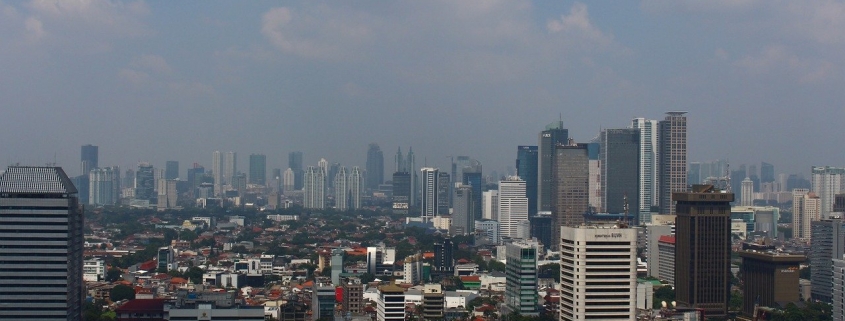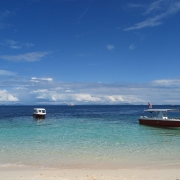Konfrontasi: Revisited
Topic of Study [For H2 History Students]:
Paper 2: Regional Conflicts and Co-operation
Source Based Case Study
Theme III Chapter 1: Inter-state tensions and co-operation: Causes of inter-state tensions: territorial disputes
The Confrontation
In July 1963, the Konfrontasi (Confrontation) began, threatening the socio-political stability of the newly-formed Malaysian Federation. The conflict had significant impacts on the perceptions of neighbouring countries toward Indonesia, especially after the formation of ASEAN.
Impacts on Indonesia-Malaysia relations
Bilateral relations were affected by the ‘ghost’ of Konfrontasi. With the the institutional support from the regional organisation, both parties were more willing to cooperate politically and economically.
Despite mutual high-level reassurances, relations thus remain somewhat ‘brittle’. Bilateral ties are still more contingent than institutionalized, and neither side seems sure of the other’s genuine goodwill or commitment to reciprocity – whether ‘bilateralism’ really means something more than involving two parties. Much as Konfrontasi has been ascribed at last in part to Sukarno’s grandstanding style and the verbal jousting between him and Tunku Abdul Rahman, which left little room for compromise, a change in domestic mood – especially in a rise in non-negotiable, emotional nationalism – can still dangerously curtail policy options or public support for particular positions.
An excerpt from “International Relations in Southeast Asia: Between Bilateralism and Multilateralism” by N. Ganesan and Ramses Amer.
Impacts on Indonesia-Singapore relations
For Singapore, the lingering impacts of the Konfrontasi on bilateral relations had subsided by the 1970s, following the Prime Minister’s visit to Jakarta. Furthermore, increased cooperation between the two nations in the 1980s and 1990s had helped to normalise relations.
Although it remains contentious as to whether the kind of multilateralism enjoined by ASEAN has brought about a regional security community, in the sense of its members having stable expectations of peaceful dispute resolution among themselves, most accounts of the regional organization argue that it has served to embed shared interests, trust, and habits of cooperation.
An excerpt from “International Relations in Southeast Asia: Between Bilateralism and Multilateralism” by N. Ganesan and Ramses Amer.
Regional cooperation: A new goal
Notably, the Konfrontasi was a reminder to member nations of ASEAN on the fragility of diplomatic relations. At the final stages of the conflict, efforts were made by Suharto and his counterparts to de-escalate tensions amicably.
In wrecking the prospects for MAPHILINDO, Konfrontasi had underscored the importance of regionalism by demonstrating the high costs of the use of force to settle intra-regional conflicts.
… While interest in regionalism among the five member states of ASEAN was a result of varied geopolitical considerations, all recognised ASEAN’s value as a framework through which to prevent a return to a Konfrontasi-like situation. As a regional forum under Indonesia’s putative leadership, ASEAN would first and foremost constrain Indonesia’s possible return to belligerence.
An excerpt from “Constructing a Security Community in Southeast Asia: ASEAN and the Problem of Regional Order (Politics in Asia)” by Amitav Acharya.
What can we learn from this article?
Consider the following question:
– Assess whether inter-state tensions have hindered regional cooperation after 1967.
Join our JC History Tuition to learn more about regional conflicts and co-operation. The H2 and H1 History Tuition feature online discussion and writing practices to enhance your knowledge application skills. Get useful study notes and clarify your doubts on the subject with the tutor. You can also follow our Telegram Channel to get useful updates.
We have other JC tuition classes, such as JC Math Tuition and JC Chemistry Tuition. For Secondary Tuition, we provide Secondary English Tuition, Secondary Math tuition, Secondary Chemistry Tuition, Social Studies Tuition, Geography, History Tuition and Secondary Economics Tuition. For Primary Tuition, we have Primary English, Math and Science Tuition. Call 9658 5789 to find out more.











